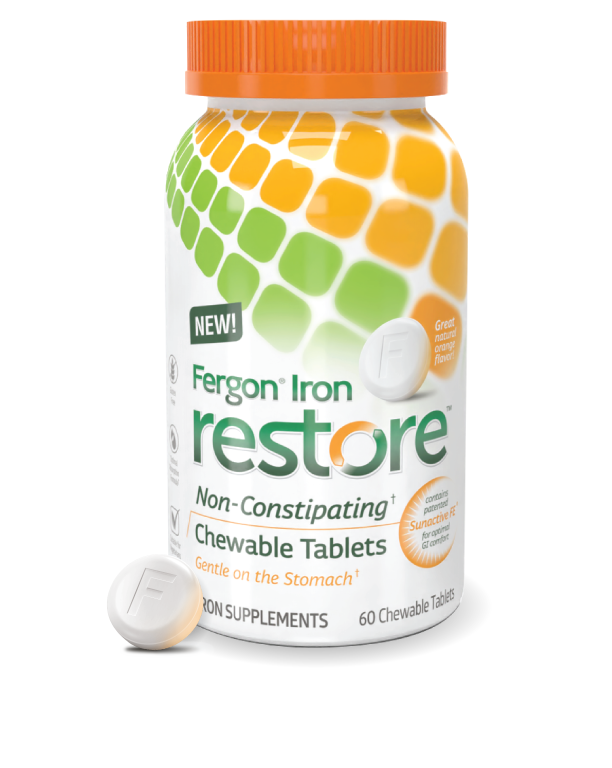Premenstrual syndrome (PMS) affects many menstruating women to varying degrees of severity. While some women only have minor bloating and irritability, others experience extreme mood swings, food cravings, and even depression.
PMS is felt differently in every woman’s body, but it is important to remember that PMS symptoms do not need to control one’s life.
These symptoms can often be lessened and prevented by following a healthy PMS diet and making positive lifestyle changes. Here is some information about iron deficiency PMS, as well as how to prevent PMS and treat its various symptoms each month.
What Causes PMS?
PMS is caused by changes in a woman’s hormones, which also signal changes in brain chemistry. PMS can have an impact on serotonin levels in the brain, which can affect a woman’s moods, food cravings, sleep habits, and tendencies towards depression. The most common physical symptoms of PMS are pains in the muscles and joints, fatigue, headache, bloating, tender breasts, and flare-ups of acne. The emotional symptoms of PMS include depressed moods, increased crying, social withdrawn, libido changes, and anxiety.
The Iron Deficiency PMS Connection
There are strong connections between what a woman eats in the days leading up to her monthly period and the occurrence and severity of PMS symptoms. Women’s bodies need a wide range of minerals for good menstrual health, especially iron and zinc. Iron, for example, is involved in many bodily processes and are also believed to help reduce the physical pain and emotional symptoms of PMS. This is because iron is instrumental in the production of serotonin, which means that low levels of this mineral can make women more susceptible to PMS and make symptoms worse.
Why an Iron-Rich PMS Diet Can Help
Scientists and researchers have found that non-heme iron foods and supplements can reduce a woman’s chances of developing PMS. The University of Massachusetts at Amherst researchers conducted a study on this topic and found that women who consumed more than 20 milligrams of iron per day had a 35 percent lower chance of being diagnosed with PMS. This study involved approximately 3,000 women that completed food intake questionnaires over a 10-year period.
It is important to note that non-heme, or plant-based, iron is recommended for the prevention of PMS. This is the type of iron that was proven effective for this purpose in the study, and plant-based foods also help reduce oxidative stress and inflammation more effectively than meats. In addition to consuming more plant-based iron sources, such as spinach and legumes, women can fuel their body with iron supplements like Fergon.
More Solutions for How to Prevent PMS
In addition to consuming more iron to control PMS symptoms, there are many other things that women can to do prepare their body for their monthly cycles. Women can try eating smaller and more frequent meals throughout the day to reduce bloating and limit their intake of salty foods, caffeine, and alcohol. These are essential parts of the PMS diet. Foods rich in calcium and zinc are also great for PMS prevention.
Other tips on how to prevent PMS include exercising for at least 30 minutes per day, getting enough sleep, and practicing yoga or meditation to relieve stress. Try writing down notes each month about PMS symptoms and triggers to help isolate what may be causing PMS and then relay that information to a doctor if symptoms become more severe in the future.

